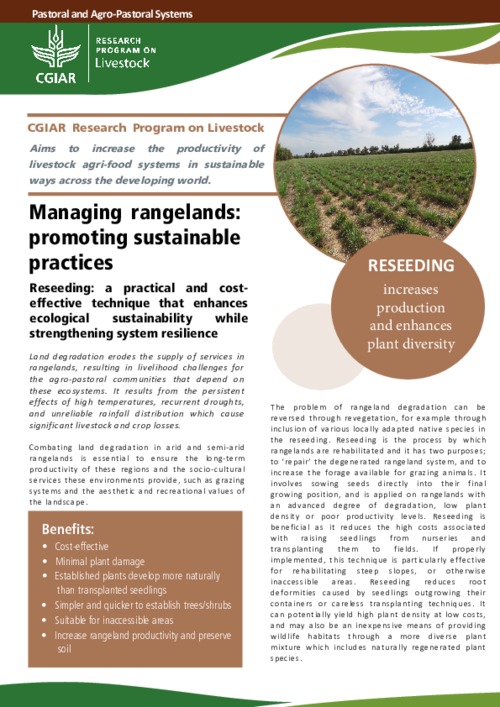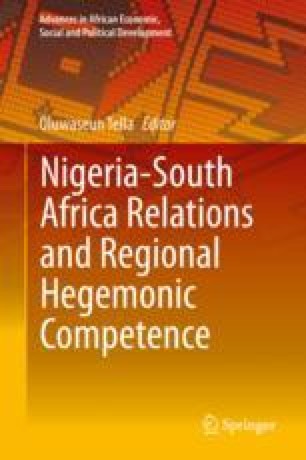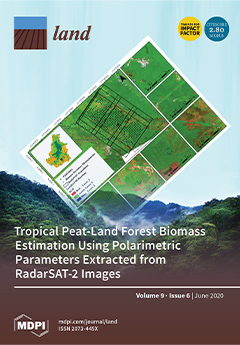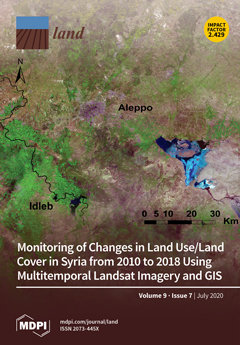Climate Resilient Ningbo Project : Local Resilience Action Plan, Volume 1. Final Report
Ningbo serves as the Chinese pilot city
for the World Bank Climate Resilient Cities (CRC) Program.
The CRC program aims to, prepare local governments in the
East Asia region to better understand the concepts and
consequences of climate change; how climate change
consequences contribute to urban vulnerabilities; and what
is being done by city governments in East Asia and around
the world to actively engage in learning capacity building,









